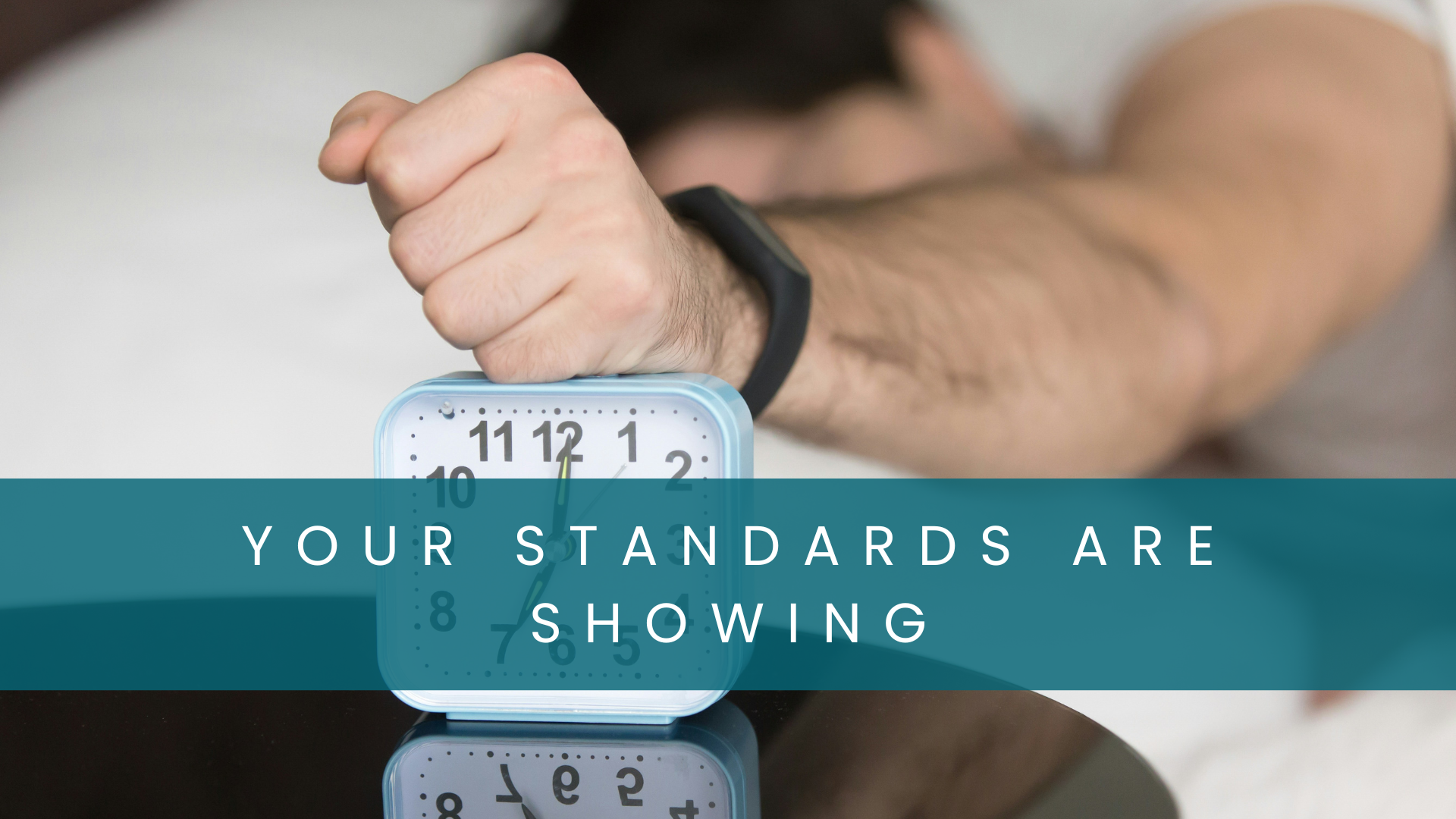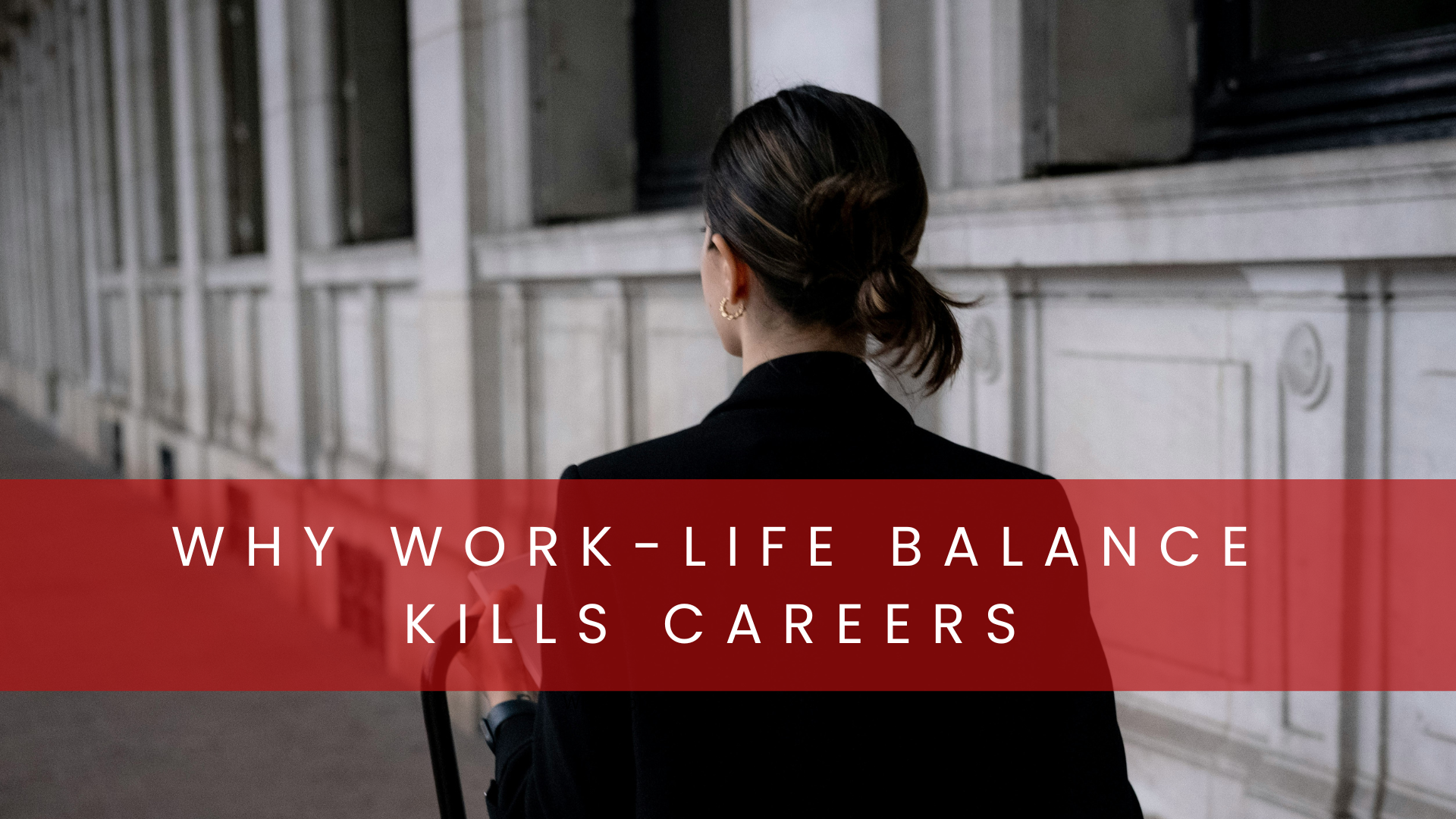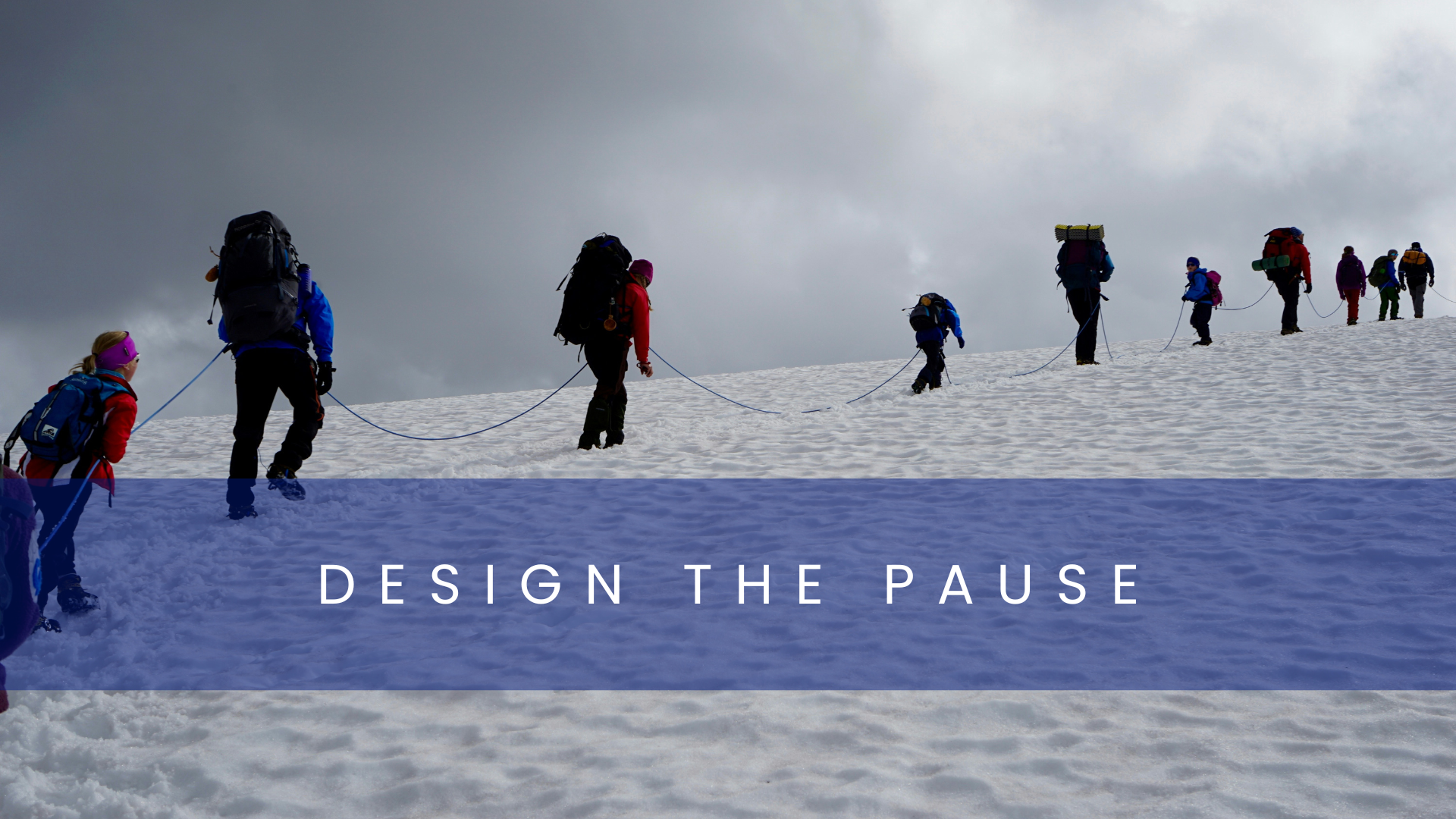December 2021. A blank notebook. A decision that didn't seem important at the time.
That year, I created a journal. Not to sell it. To give it away. It was a simple document: daily questions I used myself to think, to avoid getting lost in the noise, to remember who I wanted to be when no one was watching.
I shared it with a few friends. "Use it if it helps," I told them. "And if it doesn't, just ignore it."
Four years later, I'm still giving it away. And along the way, I learned something very simple: giving doesn't leave you the same. It's not magic. It's when you deliver something useful, with intention, that you start becoming clearer, more humble, and more accountable for what you say and what you do. In the end, giving is just that: a way of becoming the person you want to be.
The journal has evolved year after year. Every July and August, I revise it. Every January, I listen to feedback. Each version is clearer, more useful, more honest. This 2026 marks the fifth edition.
The inevitable question is: why give away something I could monetize?
Why I give instead of sell
People ask me all the time: "Natalia, you've invested hundreds of hours. Why free?" The answer doesn't start with marketing. It starts with an idea that's been with me for a long time.
Leonardo Polo spoke of the person as a being who grows by giving. We don't grow just by accumulating resources, titles, or achievements; we grow when our life becomes a gift to others.
Aristotle would say it with another word: virtue. Virtue isn't a speech; it's a habit. We're not generous when we think about generosity, but when we act generously, again and again, until giving becomes part of who we are.
Giving this journal away is my personal practice: being truly useful, without asking for anything in return, and becoming—day by day—the person I want to be.
What science suggests about writing
I don't want this to stay just in the realm of philosophy. Writing—when done with intention—has real effects.
Research by James Pennebaker and others suggests that putting our experiences into words helps us organize emotions, reduce rumination, and gain clarity. It's not magic: it's processing. It's turning experience into meaning.
And the literature on goal-setting has been confirming something practical for decades: when we define objectives clearly, externalize them, and review them, we increase our chances of sustaining coherent action. Writing doesn't make goals happen on their own, but it does something decisive: it makes what matters visible. And what's visible helps you focus.
In short: writing isn't documenting. It's thinking. And thinking well is a competitive—and human—advantage.
Leaders who write
The examples are everywhere. And that's no coincidence.
Benjamin Franklin started each day with a written question: "What good shall I do today?" and closed it with another: "What good have I done?" It wasn't romanticism: it was a system for inner direction.
Oprah Winfrey has talked for years about her gratitude practice. Not because life is perfect, but because gratitude gives you clarity: you train your eyes to recognize what's valuable in the midst of noise, and that changes your decisions.
And in the business world, Richard Branson is famous for always carrying a notebook. His logic is simple: an idea that isn't captured evaporates; a written idea can become a plan, a conversation, or an action. Writing isn't about "remembering": it's about turning intuitions into decisions.
And Leonardo da Vinci... his notebooks weren't "diaries." They were laboratories: observation, questions, hypotheses.
The pattern is clear: those who reflect deliberately, decide better.
What I've learned from giving this journal away
Giving the journal away has taught me more than I imagined.
I've learned that generosity accelerates trust. When you give without asking for anything, people feel safe. And when they feel safe, the valuable stuff appears: honesty, depth, and real conversation.
I've learned something Charlie Munger and Warren Buffett say in different ways: the most valuable things are often invisible to metrics. The messages I receive—from people who dared to make difficult decisions, who regained clarity, who stopped living on autopilot and designed a different year—are evidence of a kind of impact that doesn't fit on a dashboard, but changes lives.
I've learned that the leadership I care about isn't the kind that impresses, but the kind that serves. The kind that shows up in what's useful, in what's consistent, and in doing the right thing even when no one applauds.
And I've learned something that sounds simple but is hard to live: giving is its own reward. Not as a nice phrase. As a practical truth.
December doesn't ask for speed. It asks for truth. Before the calendar turns, it's worth remembering this: if you don't plan your life, you end up living someone else's.
You don't need to promise yourself an epic transformation. You need a small, real starting point: a question that brings order inside and gives you clarity when January's noise arrives.
If you want ongoing support, every month I send reflections and tools through my newsletter (in English and Spanish). No pressure and no information overload. Just practical ideas to think better and decide better.
Your exercise for today (5 minutes): Before the day ends, write on a piece of paper or on your phone: "If this were my last year, what would I not forgive myself for leaving undone?" Don't overthink it. Write the first thing that comes to mind. Then add a second line: "What's the smallest step I can take this week?"
May 2026 not be just another year. May it be the year you choose to live with intention.











